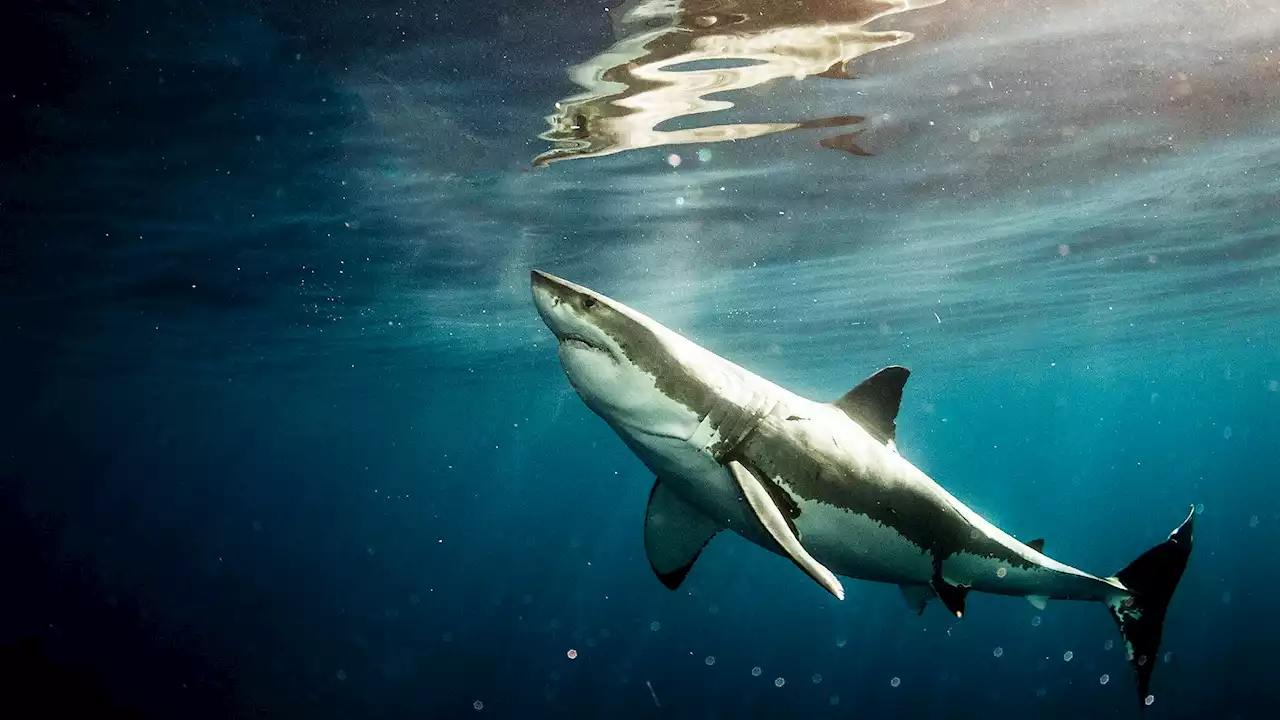A spate of killer whale attacks spooked South Africa’s great white sharks.
To see a great white shark breach the waves, its powerful jaws clasping a shock-struck seal, is to see the very pinnacle of predatory prowess. Or so we thought. Several years ago, in South Africa, the world was reminded that even great white sharks have something to fear: killer whales. for a rash of attacks on South African great white sharks. The killings were as gruesome as they were impressive.
“Any time you see large population declines in local areas, it’s cause for conservation concern,” says Heather Bowlby, a shark expert with Fisheries and Oceans Canada. “In a place where animals used to be seen very regularly, and suddenly they’re not there anymore, some were concerned that they all died.”, Bowlby and her colleagues show that the sharks’ disappearance was, actually, caused by the killer whales. But the sharks aren’t dead. They just moved.
“It had to be redistribution,” she says, adding: “The white sharks moved east.” Places like Algoa Bay and the KwaZulu-Natal coastline had seen great white sharks before but not anywhere near this many.
